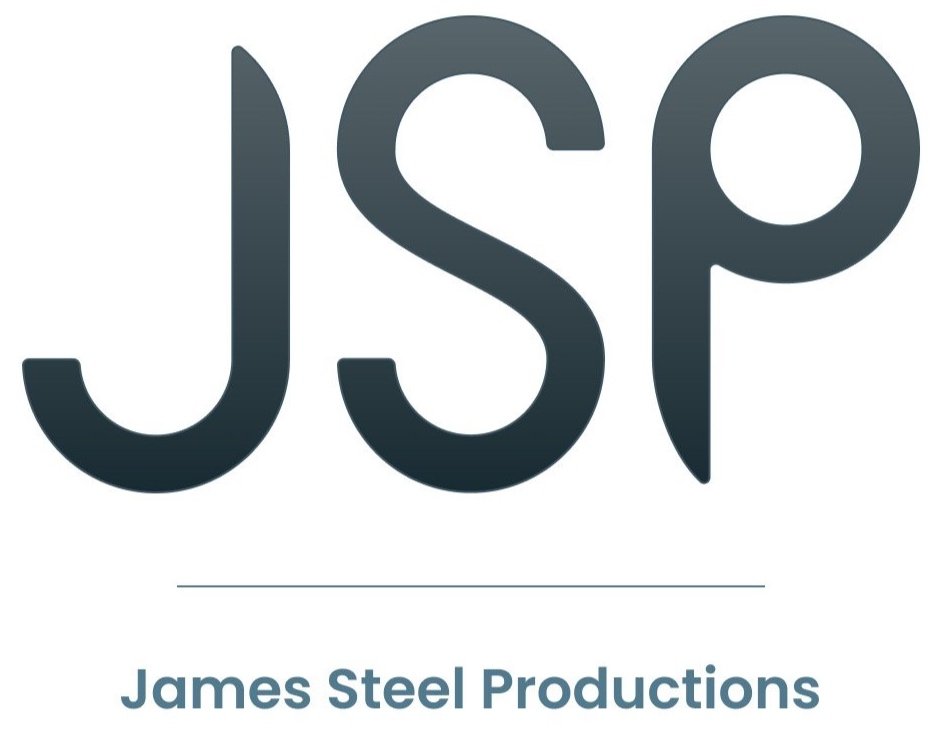FAQ
-

What are the benefits of investing?
Some of the benefits of investing in a show include:
- Red Carpet Events & Opening night parties
- Backstage tours
- Invitations to dress rehearsals
- Exclusive merchandise and gifts
- Advance notice of future opportunities
- A rare view of the inner workings of putting a show together.
- Fundraising Events and Private Performances
- Access to House Seats -

How much money do I need to invest?
The amount of money needed to invest in a show varies from production to production. There is often a misconception that you need around £100k to £200k to invest in a show, which isn't true. The lowest unit of investment in a West End show is £10,000 but half units (£5,000) are sometimes made available too. At their discretion, producers might offer new investors lower entry amounts and more favourable terms.
Investment unit sizes for investors are small but, provided the show is not oversubscribed, the investor could invest more. Sometimes multiple individuals partner together in order to reach the investment threshold, this is sometimes referred to as a syndicate. You can also spread your risk by investing in two or three shows, speak to your producer about whether this option is available
-

Is investing in theatre risky?
The risk level of investing in a theatre show is akin to that of a start-up or small business.
A possible risk is that a show will return investors' original investment but not make a profit. Another possible risk is that a show closes without recouping but on the other hand, many shows succeed and bring financial returns for many years even after the show's original production closes. -

Can I lose more than I put in?
No. Whatever amount you invest in a theatre show is typically the most you can lose. This is different than some business venture investments or real estate investments where there could be significant costs to maintain the asset. Investing in theatre is like a loan, that has a chance of being paid back with interest.
-

How do investors make money?
Once the capital raised to put the show on has been recouped and repaid; investors will share in 60% of the production’s profits, with the producers retaining the remaining profits of 40%.
-

What's the difference between an investor and a producer?
The core difference is that a producer has a higher financial responsibility in the show and manages the day-to-day running of the production.
The team of lead producers on a show makes all management decisions while co-producers contribute to advertising and marketing discussions as well as special events and award campaigns. Investors can be invited to become co-producers and have their name listed above the title if they agree to raise a higher level of capital either of their own money or in partnership with other investors.
-

Why should I invest?
Because you love theatre. Yes, you can make money. Yes, you can make great networking connections. Yes, you can learn if you’re looking to produce/develop your own shows. But the bottom line is to only invest if you couldn’t live without the money that you've invested.
To be notified of upcoming opportunities, please complete the form or email us:

